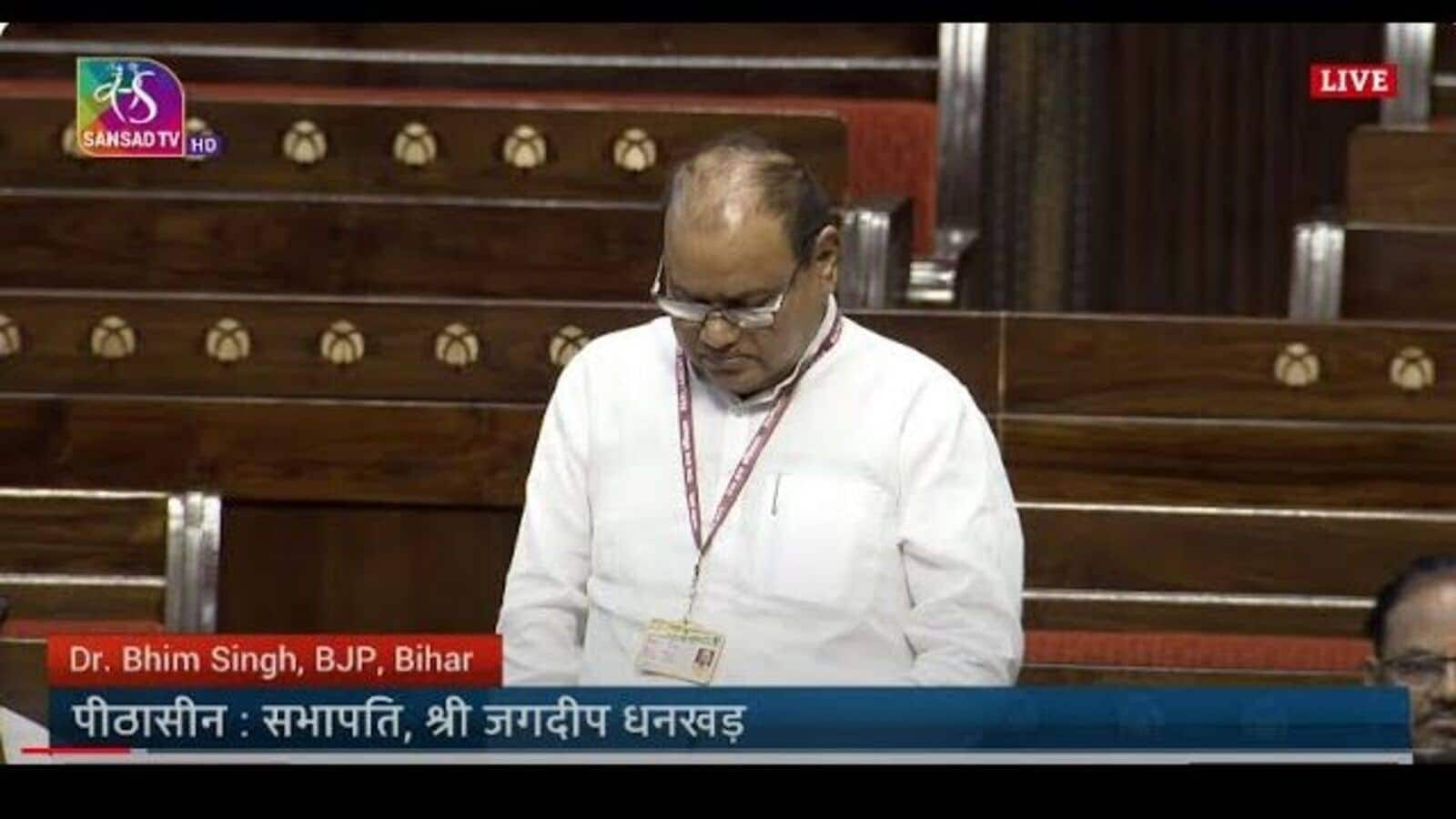
BJP leader proposes 'NaMo Nagar' cities to boost Indian economy
What's the story
Dr Bhim Singh, a Bharatiya Janata Party (BJP) Member of Parliament (MP), has proposed the establishment of high-tech cities, dubbed "NaMo Nagar," in each state.
Singh has suggested that the matter be taken up during the discussion on the private members' bill scheduled for Friday. A private members' bill is a legislative proposal that is initiated by an MP, who is not a minister.
The objective of Singh's bill is to stimulate economic growth and enhance infrastructure through urbanization.
Parliamentary debate
Bill discussion scheduled in Rajya Sabha
In his proposal, Singh noted that urbanization has increased significantly in the country in recent decades, with the population of cities and towns growing faster than the rural population.
However, the rate of urbanization remains quite low, he said.
Singh referenced the government's 2015 mission to develop 100 smart cities across India, focusing on sustainable and inclusive urban development to boost urbanization.
Urbanization efforts
Singh cites government's urban development initiatives
He cited Chandigarh as an example of successful urban design and efficient public transport systems that have reduced congestion and improved residents' quality of life.
Additionally, Singh mentioned the Atal Mission for Rejuvenation and Urban Transformation (AMRUT), a 2015 initiative aimed at enhancing basic services and infrastructure in urban areas.
"Despite all the facts, news of the condition of cities being hellish is often reported..., Delhi and the economic capital, Mumbai are also no exception to this situation," he stated.
Urban issues
Singh highlights challenges faced by Indian cities
"The House urges upon the Government to build one new, modern and hi-tech city named "NaMo Nagar" in each state of the country," Singh added.
It is now up to the Speaker of the Lok Sabha or Chairperson of the Rajya Sabha to decide whether a private bill should be admitted.
According to PRS Legislative Research, no private member's bill has been passed since 1970; only 14 such bills have been passed in total, six of them in 1956.